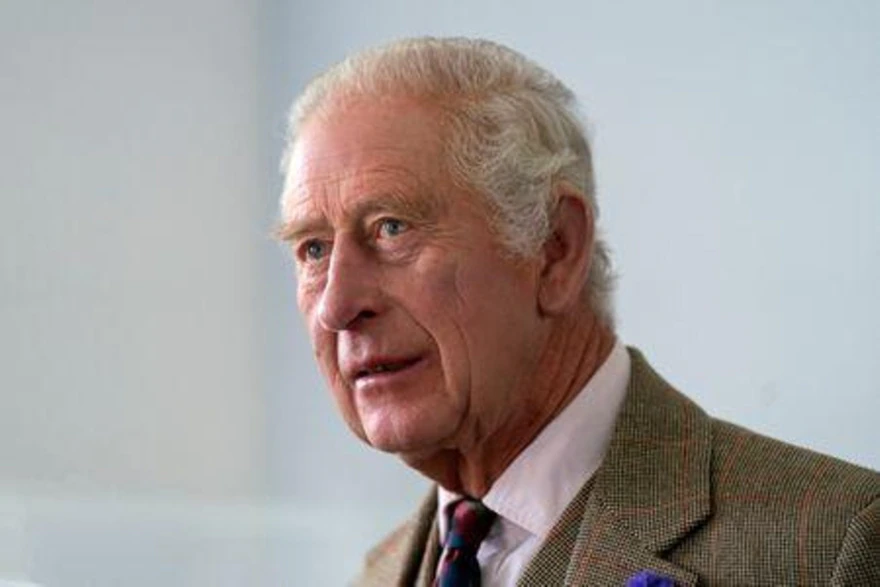LONDON (Reuters) –Britain’s King Charles and his wife Camilla will travel to Kenya for a four-day state visit at the end of this month where he will acknowledge “painful aspects” of its colonial past, Buckingham Palace said on Wednesday.
It will be the third foreign trip by the royals since Charles became king following the death of his mother Queen Elizabeth in September last year, and their first to a nation in the Commonwealth, the voluntary association which he also heads.
The destination is particularly symbolic for Charles as his late mother was in Kenya on a royal tour with her husband Prince Philip in 1952 when she became queen on the death of her father King George VI. It also comes as the east African nation celebrates 60 years of independence from Britain.
However, logistics mean Charles will be unable to visit the Treetops Hotel where his mother was staying when her husband broke the news to her that she was now the monarch.
During the trip, which will run from Oct. 31 to Nov. 3, Charles will hold a meeting with President William Ruto, attend a state banquet and hear about how the two nations are working together on issues such as defence and climate change, Chris Fitzgerald, the king’s deputy private secretary, told reporters.
But it will also touch on the former British colony’s past, a sensitive issue after Britain expressed regret and paid out compensation a decade ago for the abuse and torture suffered during the bloody Mau Mau insurgency, the so-called Kenyan Emergency of 1952-1961, in which thousands of Kenyans died.
“His majesty will take time during the visit to deepen his understanding of the wrongs suffered in this period by the people of Kenya,” Fitzgerald said.
The Kenyan visit, Charles’ fourth official visit to the African nation, comes after the royal couple travelled to Germany in March and France last month, with both tours regarded as highly successful diplomatic trips.
“They promote the UK to the world and they create lasting legacies and they open up doors and conversations that we might not be able to have,” said a senior foreign office official, speaking on condition of anonymity.
“The UK is committed to ensuring Kenya sees the UK as a partner of choice on peace, on trade, on economic development, and much more … Their Majesties and his majesty in particular are able to get together government, private sector and civil society, as no other person can do.”


